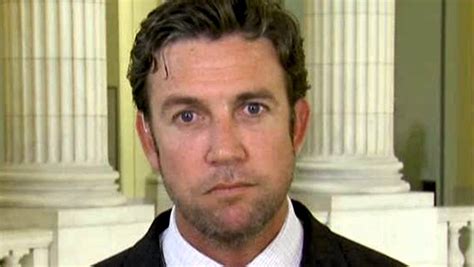A Quote by Richard A. Falk
The main challenge is what to do in the face of double standards. Those who should be rendered accountable under international criminal law, the Kissingers of this world, enjoy de facto impunity, while those who come from countries that have long been targets of hegemonic abuse are used as poster children of accountability.
Related Quotes
Human rights and international criminal law both illustrate the contradictory potential of international law. On one level, the imposition of human rights norms is a restraint on interventionary diplomacy, especially if coupled with respect for the legal norm of self-determination. But on another level, the protection of human rights creates a pretext for intervention as given approval by the UN Security Council in the form of the R2P (responsibility to protect) norm, as used in the 2011 Libyan intervention. The same applies with international criminal accountability.
This issue of expanding the reach of international criminal law by reliance on the use of Universal Jurisdiction by domestic courts needs to be balanced against the injustice of according impunity to those with strong geopolitical backing. It is notable that several western European countries backtracked on UJ after threats of retaliatory moves by the United States and Israel. There is no doubt that the domain of UJ is a geopolitical battleground.
From Iraq to Guantanamo Bay, international standards and the framework of international law are being given less when they should be given more importance. I am pleased that the courts in the United States are beginning to review what has happened to those detained in Guantanamo Bay. Similarly in Iraq we need to bring our strategies back within the framework of international norms and law.
The fact that Universal Jurisdiction exists in relation to serious international crimes does convey two important aspects of the global reality: first, that such individuals would be held accountable if international law was applied without regard to geopolitics, and second, that there is enough ambiguity about the reach of UJ that it inhibits such individuals and conveys an impression of de facto criminality.
In 2006, the Secure Fence Act was signed into law, requiring the Department of Homeland Security to build upward of 700 miles of double layered fencing along the U. S-Mexico border. While the Obama administration is quick to state that the targets have been met, only a small fraction - in fact, less than 40 miles - of the newly implemented infrastructure is double-layered.
The international human rights framework is a vital component and engine for promoting global values. Governments have signed up to this international legal framework and we should hold them accountable, in all circumstances from environmental or labour standards, to trade talks, arms control and security issues as well as other international legal codes.
It remains the task of governments to implement the fundamental human rights standards which should influence all aspects of globalisation, including even trade talks, and to be answerable for this in a democratic way. The structure is international, but the accountability is national and I would like to see that accountability being more penetrating at regional and local level, especially in federal systems.
We've got to have all those tools. The Patriot Act tearing down those walls between intel and law enforcement are a necessary part of protecting the country. But, in the long term, the only way to defeat this terrorist bunch is through the spread of liberty and freedom. And that's a big challenge. I understand it's a challenge. It requires commitment and patience and persistence.
The idea of self-determination was gradually given credibility by international law, and it lent strong emancipatory support to movements of liberation struggling against a West-centric world order. Latin American countries used international law creatively, both to limit the protection of foreign investment by establishing the primacy of national sovereignty in relation to natural resources, and by building support for the norm on non-intervention in internal affairs.




























